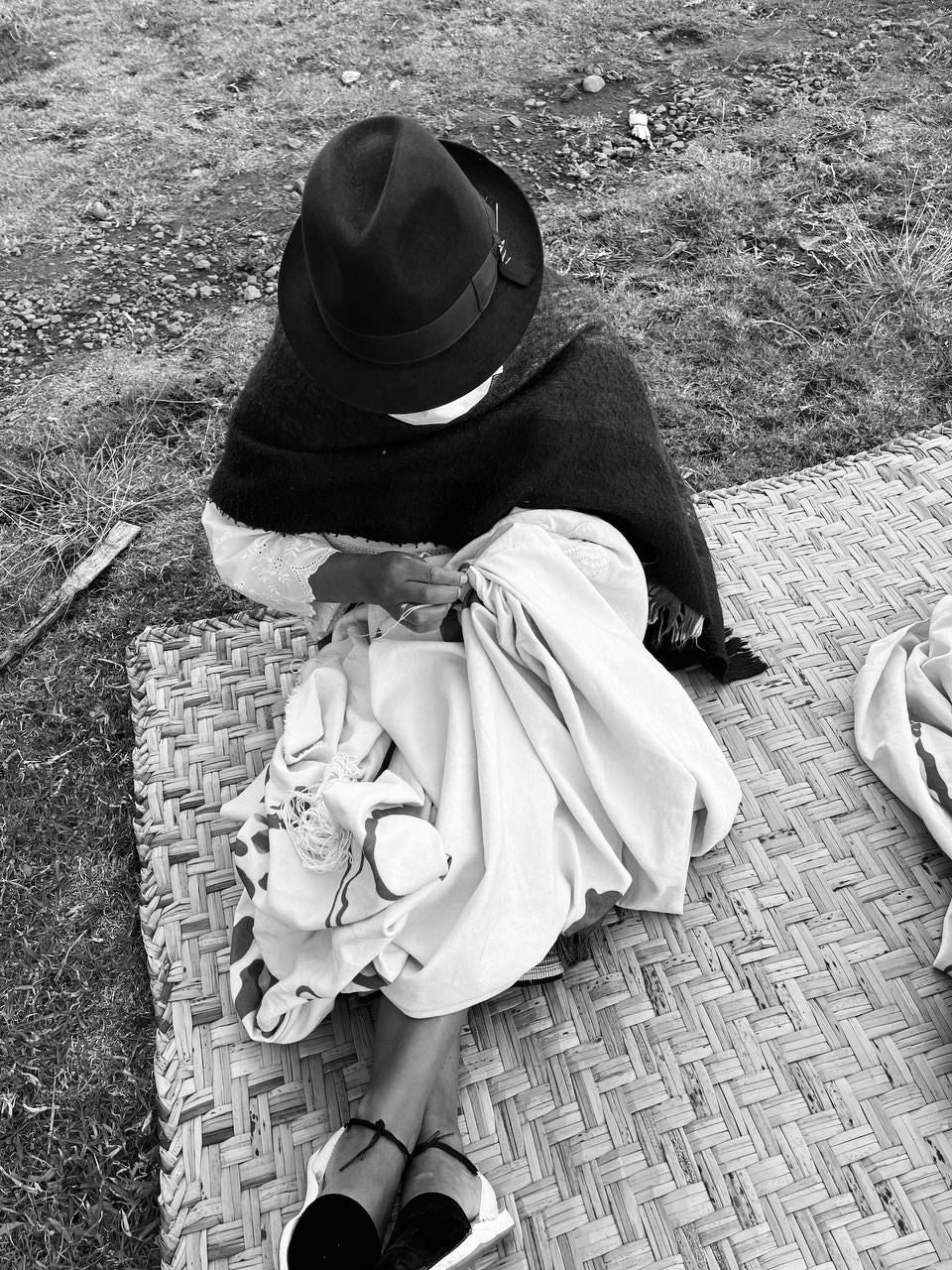About us
SOAK was born from a desire to create a conscious fashion brand rooted in functionality, comfort, and unique design. Guided by the “less is more” philosophy, our approach embraces a minimalist and sustainable production chain, where the time and care devoted to each garment define what we call "true luxury."
Our brand is driven by a vision of cultural openness and gender diversity fit—challenging traditional norms and rethinking what is considered "politically correct" in fashion, telling stories and building communities.
We are constantly evolving, drawing inspiration from natural fibers and colors while reimagining silhouettes through the use of existing garments and deadstock fabrics.
At SOAK, we aim to foster awareness through clothing—ensuring that every piece allows our community to feel both comfortable and authentically represented. One of our key goals is to be a positive influence in the industry, leading with integrity in our design choices, values, and production methods.
SOAK represents a new vision of empathetic fashion—one that embraces diverse ideologies and ethical labor practices as a path toward balance and harmony. We proudly collaborate with Ecuadorian artisans around the world to celebrate and share the country’s rich heritage and craftsmanship.
ARTISANS WE WORK WITH
JULIÁN MUENALA
Artisan / Otavalo, Ecuador
Our cotton pieces are made with 100% natural cotton produced by this skilled artisan from the city of Otavalo. This cotton is highly durable and offers excellent absorption properties, making it ideal for natural dyes or any kind of screen printing.
SUMAKMAKI
Artisan Collective / Ecuador
Created by indigenous women of the Kichwa Kayambi Nationality in Imbabura, Ecuador.
The project aims to promote ancestral artisanal techniques as a source of income for women within the community who seek to inform and teach the world about the importance of their artistic and cultural knowledge with their own autonomy.
In addition to having their own clothing brand, another source of income for the community's artisans is providing embroidery services to designers and individuals who need to create products using their artisanal hand-embroidery techniques.



